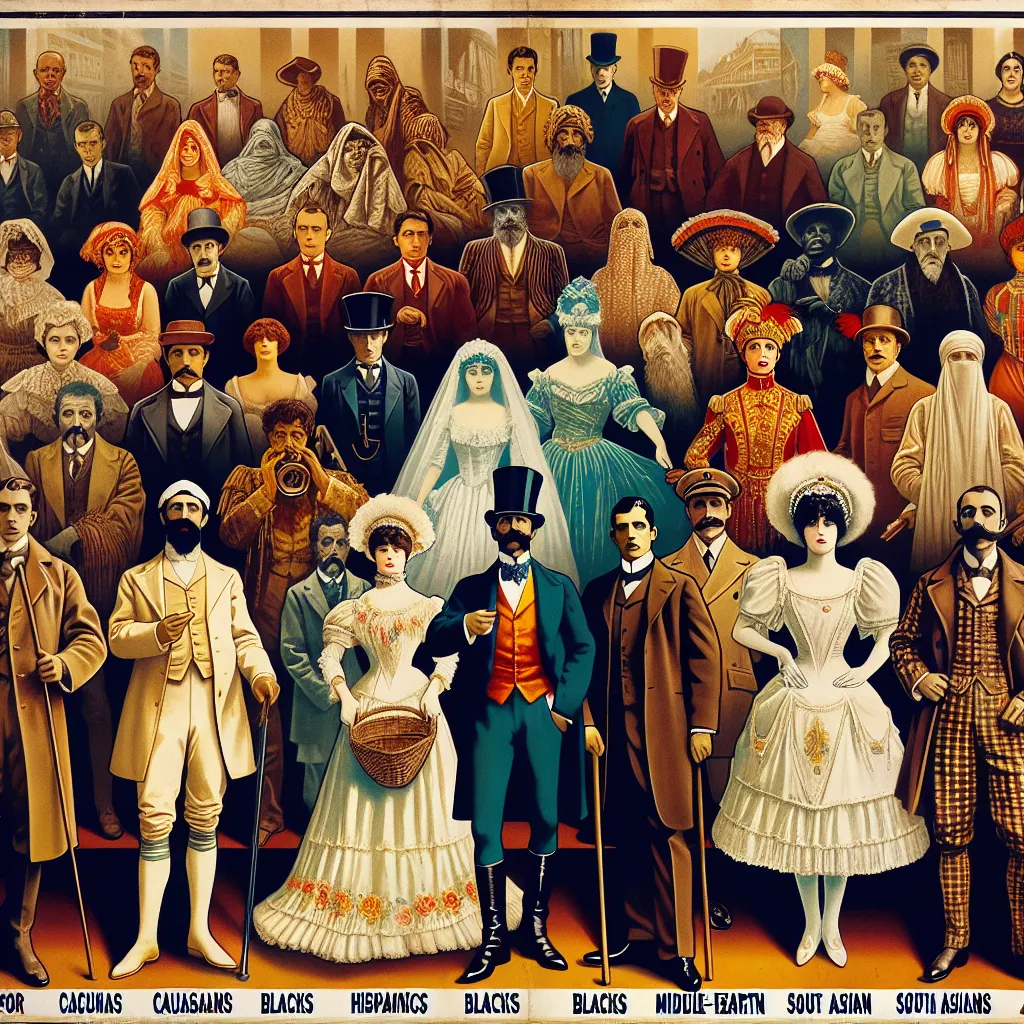The Impact of Reality TV on Society
The article highlights the psychological effects of reality TV on viewers, emphasizing the impact of distorted reality portrayal, desensitization to ethical behavior, and the development of unrealistic relationship expectations. It encourages readers to reflect critically on the societal implications of reality TV consumption. Additionally, the interaction between reality TV and social media is explored, discussing the amplification of influence, real-time engagement, and the double-edged nature of social media's impact on participants and audience. The article presents a comprehensive examination of how reality TV and social media intertwine to shape perceptions, societal norms, and individual well-being, making it an essential read for those interested in understanding the broader implications of these influential platforms.





